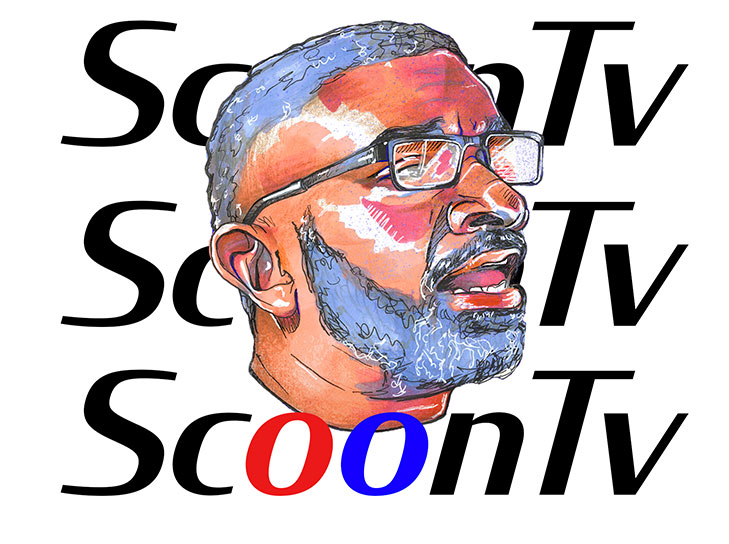EDITOR NOTE: This article is a response to an earlier ScoonTV article that can be read here.
By Torraine Walker
Cori Bush first came to prominence as a protester responding to the killing of Mike Brown in Ferguson, MO and has made no secret of the difficult times in her life. She was a survivor of domestic abuse, sexual assault and homelessness. Her life experience mirrors that of many in the city she grew up in.
In 2020, she won her second bid for election to the House of Representatives. Since then, she’s been aggressive about advocating for policies that appeal to her constituents in the largely Black and working-class Missouri congressional district she represents.
These include defunding the police, serving on the House committee on Civil Rights and Civil Liberties, and advocating the anti-eviction moratorium section of the CARES Act.
Cori Bush’s election, along with the elections of Jamaal Bowman, Mondaire Jones, and other candidates of her class, is unique in that she doesn’t come from privilege or generational wealth. Politics is a world where privilege is the common thread that binds many power brokers in Washington, whether Democrat or Republican.
According to OpenSecrets, a Washington, D.C. based nonprofit that tracks data on campaign finance and lobbying, 194 members of the house and senate have a new worth of at least one million dollars. People with that kind of wealth look at the world in different ways than someone with a blue-collar life.
In the wake of the worldwide demonstrations beginning with Mike Brown’s killing and reaching critical mass after George Floyd’s murder, people active in street protests and community organizing began to move into electoral politics.
Most come from poor and working-class backgrounds. Like the wealthy politicians they work with, their background can’t help but inform the policies they endorse. There is bound to be culture shock if someone advocates for the concerns of people ignored by national political machines until it’s time to gather votes.
But with political office comes political criticism. Cori Bush has been attacked by political opponents for her role in the Mike Brown protests. Additionally, there’s been criticisms over her constituents donating clothing and jewelry during her campaign and tenure as a sitting congressperson.
While she hasn’t been formally accused of any wrongdoing, it’s the sort of thing that plays well with people determined to prove a progressive politician isn’t living up to their ethical values.
It’s the same challenge currently facing Alexandria Ocasio-Cortez. Ocasio-Cortez, a democratic socialist who swept into congress on the strength of a grassroots campaign, faces backlash for her recent ‘present’ vote on a bill to fund Israel’s Iron Dome.
That backlash comes on the heels of the media firestorm over her attending the Met Gala. She appeared at the gathering of the fashionable elite wearing a dress with “Tax the Rich” on the back.
An interesting feature is this happens in an era where the power structure they’re raging against is visibly Black and brown. Ferguson erupted on Obama’s watch and his decision not to visit the city during the unrest, along with the results of the Justice Department investigation, left a bad taste in many St. Louis mouths.
Meanwhile, AOC is presenting democratic socialist economic demands that will affect people of color to a moderate Biden Administration that made Vice President Kamala Harris its crowning example of diversity.
The supporters of the new class demand political purity and immediate results, both of which are extremely difficult to get in the American political system. This may frustrate those supporters who don’t understand that reality.
The harsh truth is that whether you’re a grassroots activist or a senator with decades long tenure, politics is about negotiation. A harsher truth is that power and money seeks its own level, and to be successful inside America’s halls of power you must appeal to it.
The struggle of inside power vs. outside power and where they meet and diverge is one that never ends. The challenge for activists turned politicians is to bring their ideals with them if they choose to join the establishment. But it is extremely hard to hang on to idealism in a system that demands compromise.
Subscribe to get early access to podcasts, events, and more!






